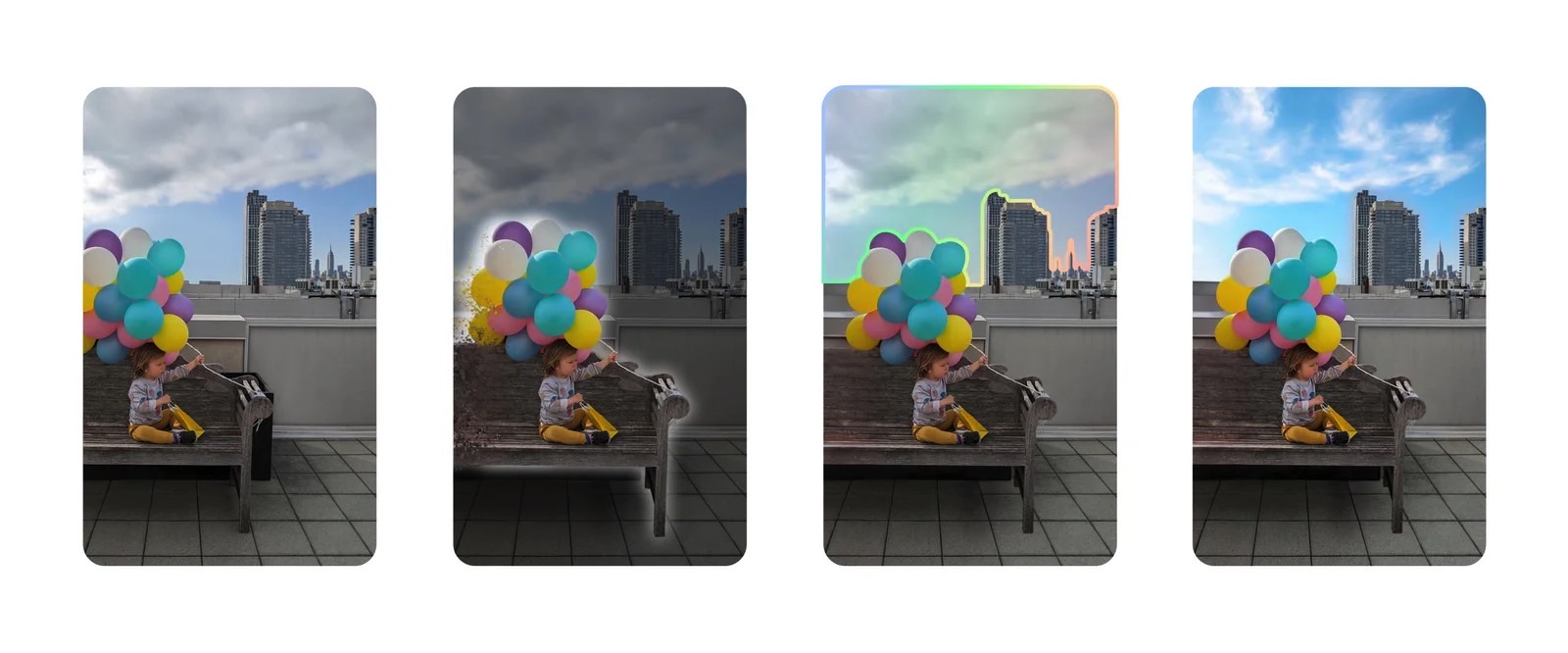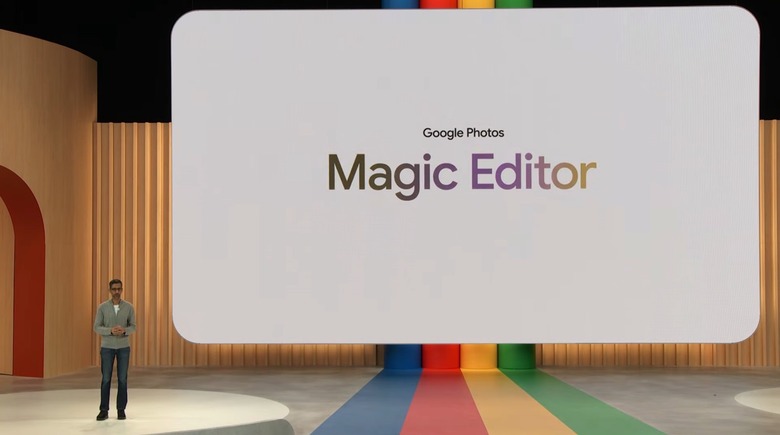I Already Hate Google Photos's Generative AI Magic Editor Tool
Google is doubling down on generative AI, which is coming to many of its products in the near and more distant future. That includes Google Photos, which is getting a generative AI tool called Magic Editor which will let you create fake photos. That's why I already hate the tool that many people will no doubt use. Magic Editor will let you completely transform an image to the point that it will no longer represent what you already shot.
Put differently, tools like Magic Editor will help Samsung justify fake photos of the Moon on its flagships.
Google said "AI" so many times during Wednesday's main I/O 2023 keynote that I've come to expect the acronym at every turn. Yes, we get it; Google is pivoting hard to AI now that ChatGPT exists, even harder than it used to. Because also, yes, Google has been developing AI tools for years. I'd have expected something like ChatGPT to come out from Google before other tech giants.
It's like Google desperately needs AI validation from the world. That it's able to add generative AI features to most Google apps. But not all apps necessarily need new AI tricks. That's why the keynote focused so much on AI, with Google trying so hard to impress. Maybe too hard.
The new Magic Editor coming to Google Photos is a new AI feature that Google demoed early during the I/O presentation. Maybe one that we don't necessarily need.
Magic Editor will go beyond features like Magic Eraser and Photo Unblur that you can use right now. These are also AI features that let you remove unwanted objects and people from photos or unblur images.
And yes, these are tools that will let you alter photos significantly. The result no longer looks like the photo you captured.

But Magic Editor will do more than that. It'll let you change the position of your subject in the photo and alter the overall lighting. Or the appearance of the sky. Generative AI will make up objects that your camera never captured.
Here's an example Google offered at IO:
Take this picture of a boy on his birthday (image above). It's a good photo but it could be better if he was front and center. With the power of generative AI, you can create more of the bench and balloons to fill in those gaps, and they'll blend seamlessly into your photo. The end result? A stunning shot that captures the feeling of his big day.
It might be stunning, but it's not the photo you took. And there's nothing wrong with the imperfect original. Not to mention that some people might notice the generative AI alterations in some photos. Just take a look at the bench's leg's appearance as it's moved to the right in the following sequence.
At this point, these generative AI photos no longer show the photo you originally took. And yes, using non-AI tools to post-process an image still alter it. We've been doing that for years without generative AI. But the end result is usually a photo that looks just like the original.
Abuse of tools like Magic Editor could make us question photos we see online. Not from our friends or family, who might hardly use it. But from individuals who might alter photos intentionally to manipulate the news. Or companies who might use AI to exaggerate the camera features of their devices.
Pixel phones will be the first to get access to Magic Editor in Google Photos later this year. It'll probably be available on most Android devices after that.
Thankfully, Google is also rolling out new features to help you determine whether the images you see online are genuine or AI-generated. Called About this image, the tool will let you inspect photos you encounter online and obtain more information about them. The feature will be available later this year in the US in English.
Moreover, Google will use a label in Google Search to mark AI-generated images. Other creators are expected to place similar markups on their generative AI images.
